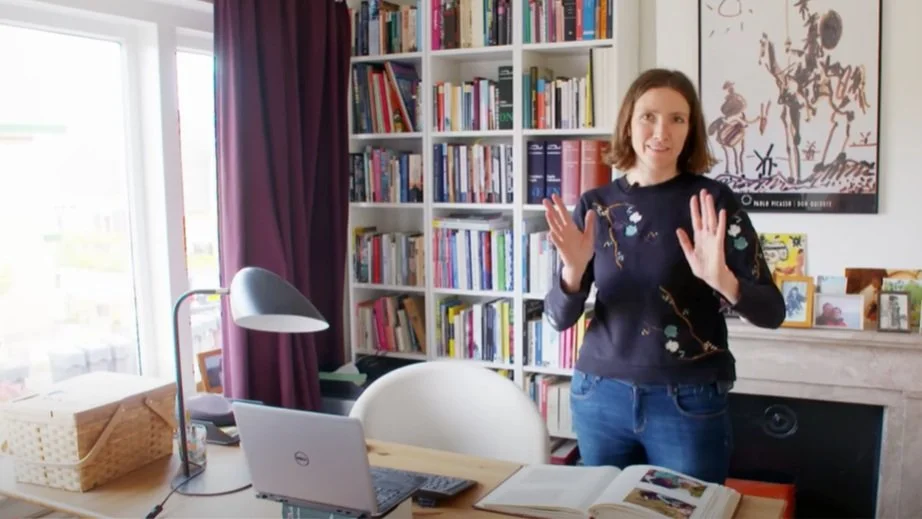PhD thesis: 'Claiming and Contesting Postcolonial Citizenship’
Eline Westra’s dissertation is entitled 'Claiming and Contesting Postcolonial Citizenship. Political Struggles over the Rights and Belonging of Surinamese-Dutch Citizens'.
CMR Podcast: ‘Vreemde gezinnen’
In deze podcast vertelt Saskia Bonjour over haar onderzoek naar definities van gezin en familie in het Nederlands migratierecht.
Doing Family Before the State. Does Recognition of De Facto Families Lead to More Inclusive Migration Law Practices?
Critical scholars have long called for state recognition of de facto families, beyond legal or biological ties, as a pathway toward inclusion of more diverse family forms. This article, written by Saskia Bonjour and Susan Diepenmaat, asks to what extent recognition of de facto families indeed leads to more inclusion, in the context of a restrictive immigration regime in which families need state permission to live together.
“Vreemde gezinnen” - article in practitioners’ journal Asiel & Migrantenrecht
This article in a legal practitioners' journal presents some core findings of research by Saskia Bonjour and Susan Diepenmaat on what counts as a "family" in Dutch migration law practice.
OneWorld article on Ashanti, Dutch black feminists of the 1980s - with a contribution from Eline Westra
n April 2024, Oneworld published an interview with two of the founders of Ashanti, a network of Surinamese-Dutch women activists from the 1980s. With contributions by Eline Westra, who wrote a research article on Ashanti’s intersectional critique of the Dutch welfare state.
Public Event: Roundtable on Single Parenthood (in Dutch)
This public roundtable at Spui25 with Anja Meulenbelt, Isra Lee, and Franca van Hooren, moderated by Eline Westra, took place on 16 April 2024. It was organized by Eline Westra in cooperation with Stichting Single Super Mom.
Multiple barriers to the Dutch welfare state. Black Feminists’ intersectional claims to social citizenship in the 1980s
In this research article, Eline Westra sheds light on the social rights claims of the Surinamese-Dutch feminist organization Ashanti that was active between 1980 and 1987. Their Black feminist perspectives provide important insights into the underlying mechanisms of in- and exclusion of the Dutch welfare state, from the standpoints of Dutch citizens and families that did not necessarily fit the picture of the “imagined citizens” for whom the Dutch welfare state was built.
Public event: Strange(r) Families: “The Family” in Migration Politics
Public rtoundtable where Apostolos Andrikopoulos, Anne-Marie D’Aoust, Bridget Anderson and Saskia Bonjour discussed coloniality, class, and emotion in family migration politics.
Claiming a postcolonial differential citizenship. Contestation of family migration rights in the Netherlands in the wake of Suriname’s independence
Political struggles over national belonging often involve ideas on what a ‘proper’ family looks like. This article connects this important insight from the field of family migration politics to the study of postcolonial citizenship. Rather than focusing on dominant (State) perspectives, we ask: how do citizens from formerly colonised territories themselves conceptualise ‘the family’ and ‘the nation’ in the former metropole?
Bridging Race and Migration: Reimagining European Pasts, Presents, and Futures
In this essay, Sonja Evaldsson Mellstrom discusses the place of race/ism and colonialism in European migration studies today in relation to key takeaways from the Bridging Race and Migration series.
Short Film: Family norms in Migration Politics
Saskia Bonjour speaks about her research on family norms in migration politics and how that resonates with her own family history.




















